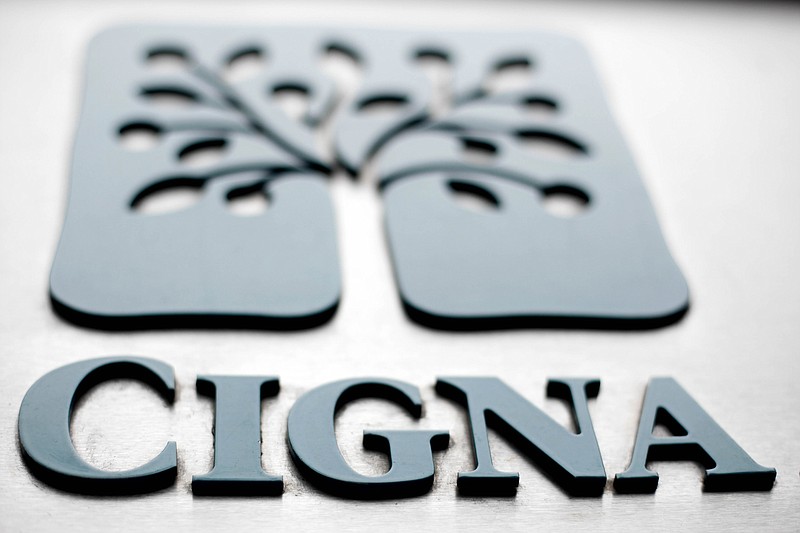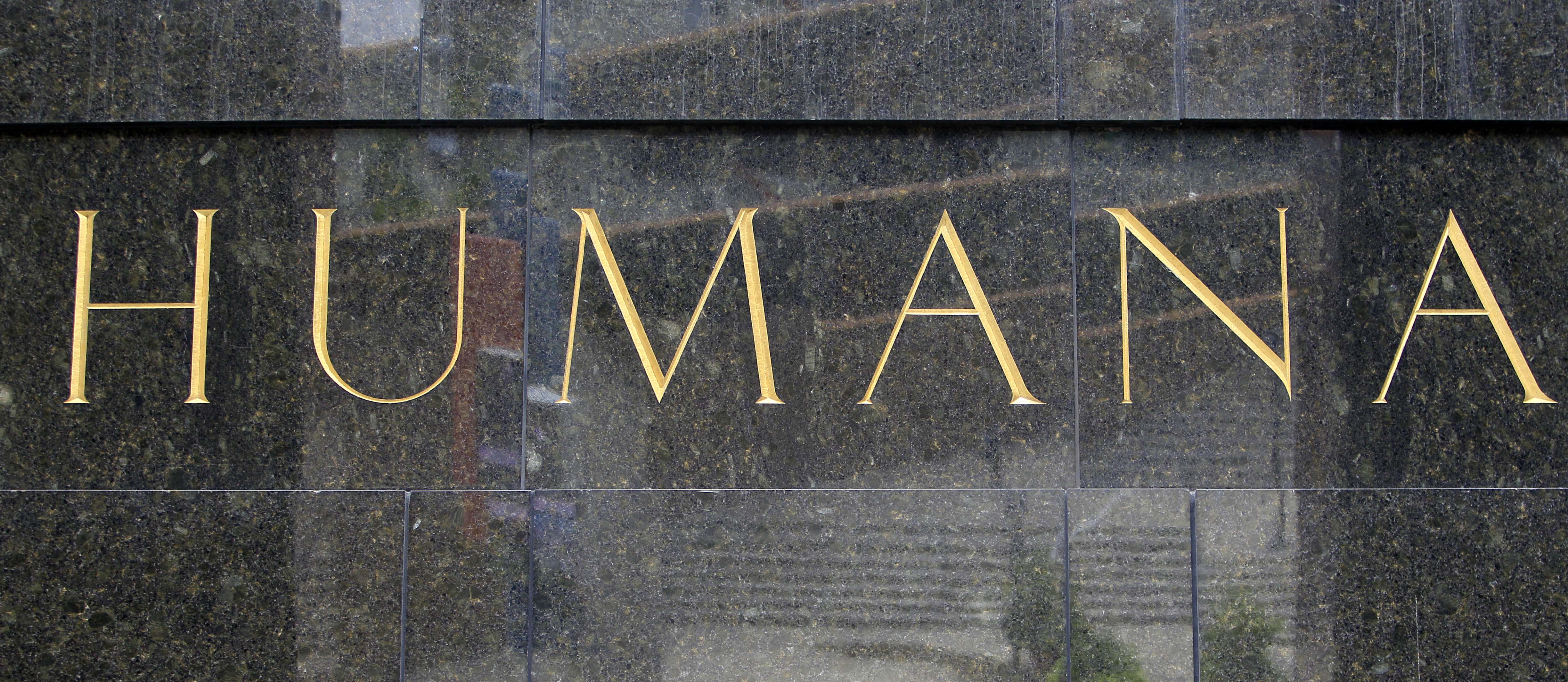In an unprecedented attempt to prevent a possible monopoly in the Obamacare exchange in Tennessee, state regulators are allowing two major health insurers to file for even bigger rate increases today to lessen the likelihood they will abandon the Volunteer State and give the entire market for the new health exchanges to the Chattanooga-based BlueCross BlueShield of Tennessee.
Cigna Healthcare, which had filed in June for a 23 percent increase in its individual exchange rates, and Humana Health Insurance, which requested an even bigger 29 percent hike in rates two months ago, are both expected today to ask for even bigger increases than their original filings for 2017. Like Tennessee's BlueCross, which is seeking an average 62 percent jump in rates for the Affordable Care Act exchanges next year, the rival health insurers complained both the costs and amount of health care used by Tennesseans signing up for Obamacare plans have been above what they originally forecast.
Kevin Walters, communications director for the Tennessee Department of Commerce and Insurance, said Cigna and Humana recently told state regulators their earlier rate filings "will not be sufficient to cover their expected financial losses."
Walters said it "was a difficult choice" for Tennessee Insurance Commissioner Julie Mix McPeak to allow the companies to raise their rate requests only two months after they filed for increases even bigger than last year's rate hikes. But McPeak agreed to allow the refiling to limit the chance that Cigna and Humana might abandon the state's exchange plans and leave BlueCross as the only alternative in what is supposed to be a competitive market.
Already, the unexpectedly high costs of covering Tennesseans in the exchange plans forced the state's cooperative plan, the Knoxville-based Community Health Alliance, and America's biggest health insurer, United Health Care, to discontinue their plans and withdraw from Tennessee. Cigna and Humana offer a choice for Tennesseans in major metro areas of the state, but some parts of the Volunteer State are already only served by BlueCross.
"These are very unusual circumstances and it is not an easy decision to make," Walters said. "We heard that the carriers thought that they had inadequate rates and they were exploring taking adverse action for 2017 and that risk was too great that we could end up without enough choices for Tennesseans."
BlueCross of Tennessee debuted its Obamacare plans three years ago with some of the lowest rates for the most popular plan anywhere in the country. But the company lost $311 million from its health exchange plans in the first two years - and is still suffering losses this year despite a combined 60 percent increase in rates over the previous two years, including a 36.3 percent hike in rates in January.
As a result, BlueCross is requesting another 62 percent increase in rates next year "to help us cover costs that proved much higher than we expected," BlueCross Vice President Roy Vaughn said.
The Tennessee Department of Commerce and Insurance must still review and decide in the next two weeks how much of the requested increases by Blue- Cross, Cigna and Humana to grant for 2017.
Both Illinois and Arizona have also allowed insurers to refile and raise their initial rate requests to avoid more losses for the insurers and the threat of many simply pulling out of the Affordable Care Act.
Critics complain that such rate increases in an era of relatively low overall inflation and income growth are forcing people to adopt higher-deductible plans or simply go without any health insurance.
"Unfortunately, the Affordable Care Act seems to have made health insurance very unaffordable for me," said Laura Brock, who said higher deductibles and principal payments are squeezing the pocketbooks of many middle- and upper-income persons who don't qualify for federal subsidies.
Bobby Huffaker, the CEO of the Chattanooga insurance broker American Exchange, worries that rising premiums might discourage some Tennesseans from buying health insurance or force others to higher deductible plans even though federal subsidies will cover most of the increases for low- and moderate-income families. In Tennessee, 85 percent of those signing up for Obamacare get a federal subsidy, so Uncle Sam is absorbing much of the insurance rate increases.
"For those who don't get subsidies, they are most likely to try to change their coverage to higher deductible plans and, in some instances, people may opt not to buy individual coverage at all," Huffaker said.
Backers of Obamacare contend that the act initially pushed up costs because many previously uninsured individuals got coverage and got treatment for the first time for many health problems. But over time, they contend, prices should come down as the backlog of unmet health care needs is addressed and preventative care replaces more expensive hospital emergency room visits.
"So far, we have not seen those savings, and the costs of medical care have been much higher than we anticipated," BlueCross' Vaughn said.
A new study by the Kaiser Family Foundation of 17 cities found that the premium for the lowest-cost silver plan is increasing by a weighted average of 9 percent in 2017. But changes vary geographically from a decrease of 14 percent in Providence, R.I., to an increase of 27 percent in Nashville - the biggest increase in the country.
Walter Davis, executive director of the Tennessee Health Care Campaign that supported the Affordable Care Act, urged Tennessee regulators to carefully review the insurers' rate increase requests to make sure all of their costs are justified.
"We're always concerned about rate increases because they do discourage enrollment," Davis said. "We simply can't have these kind of premium rate increases every year, but we would remind people that there are still subsidies available for many people on these exchanges, and they need to shop around to get the best plan that makes sense for them."
Tennessee health costs have been higher, according to experts, because the state has more obesity, strokes and unhealthy eating and exercise habits than most other states. Davis also claims that because the state didn't expand Medicaid coverage offered through Obamacare for more low-income families, uncompensated care costs that are shifted to insured patients haven't gone down as much as in states that did expand their Medicaid programs with new federal dollars.
"These rate increases really show the need for the Legislature to act next year to expand Medicaid coverage in our state to help make sure more people are insured and the costs of care isn't shifted on to those who are insured," Davis said.
But critics of Obamacare contend that the rising costs of insurance shows that the plan was fundamentally flawed.
"Due to Obamacare's expensive mandates and regulations, tens of thousands of Tennesseans who buy individual Obamacare policies could see their health care premiums go up again next year by double digits," said U.S. Sen. Lamar Alexander, R-Tenn., chairman of the Senate health committee. "Today, more than ever, Tennesseans need a President and Congress willing to go step-by-step to repeal Obamacare and replace it with common sense, market-based reforms that provide states and families with access to the health care plans that meet their needs and their budgets."
Contact Dave Flessner at dflessner@timesfreepress.com or at 423-757-6340.


